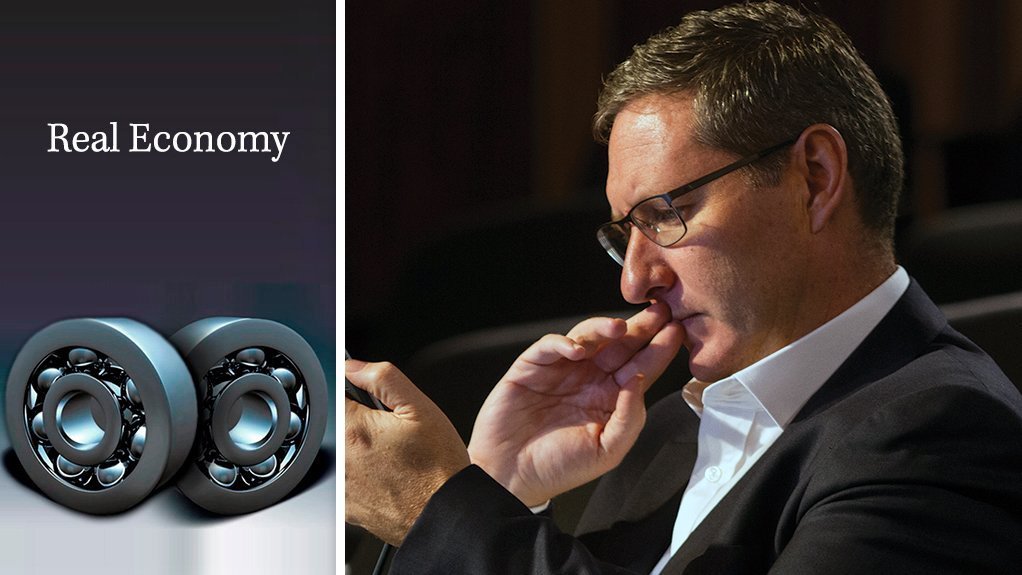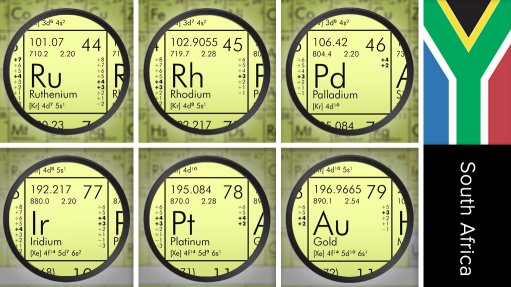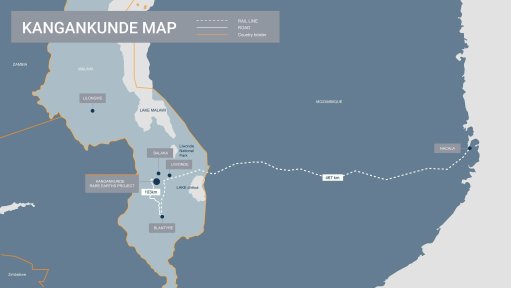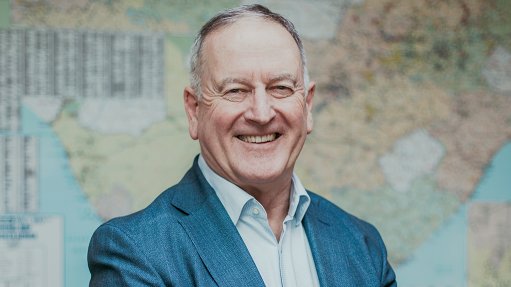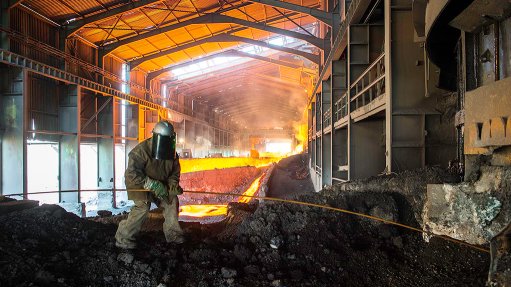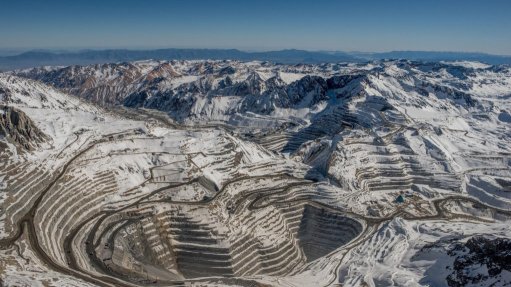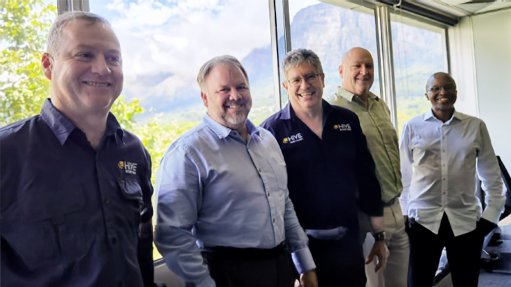Supportive climate
South Africans were naturally preoccupied on October 8 with whether or not Nhlanhla Nene’s offer to resign as Finance Minister would be accepted by President Cyril Ramaphosa, who subsequently appointed Tito Mboweni to the post. On that same day, however, representatives from 195 countries gathered in Incheon, South Korea, for the release of a special report, titled ‘Global Warming of 1.5 ºC’. Approved by the United Nations Intergovernmental Panel on Climate Change (IPCC), the document will provide scientific input into the upcoming Katowice Climate Change Conference, scheduled for Poland in December, where governments will review the 2016 Paris Agreement.
The main headline is that there are material environmental, health and social benefits to limiting global warming to 1.5 ºC above preindustrial levels, rather than allowing temperatures to increase by 2 ºC. Millions of people would be spared extended periods of extreme heat, water scarcity and flooding, while countless species could be saved from extinction. By 2100, the global sea-level rise would be 10 cm lower and some coral reefs would still be in existence.
Another headline is that “rapid and far-reaching” transitions in land, energy, industry, buildings, transport and cities are required to achieve this more ambitious outcome. “Global net human-caused emissions of carbon dioxide (CO2) would need to fall by about 45% from 2010 levels by 2030, reaching ‘net zero’ by around 2050.”
For South Africans, moves towards meeting a 1.5 ºC target will have consequences that will endure well beyond Mboweni’s term, particularly given that South Africa’s current commitments are already deemed to be outside the so-called ‘fair share’ range.
Coincidentally, there are developments under way that have a direct bearing on whether South Africa will be in a position to make any commitment in line with the 1.5 ºC objective. Most importantly, the country is in the process of updating its Integrated Resource Plan (IRP) for electricity, which will indicate what new generation capacity will be required to meet the country’s projected electricity demand to 2030.
The good news here is that the draft IRP’s least-cost option (wind, solar and flexible generation) is significantly less carbon-intense than the current coal-heavy mix. Helpfully, Mac Consulting’s Dave Collins has done the analysis to prove this. His modelling shows that, by simply pursuing the least-cost scenario, South Africa will be able to better the peak-plateau-decline commitments it has made under the Paris Agreement. Under the agreement, South Africa’s total emissions should be between 400 metric tons of CO2 equivalent (Mt CO2e) and 600 Mt CO2e by 2030. Through the adoption of the least-cost scenario, South Africa’s electricity- related emissions will fall to slightly above 200 Mt CO2e in 2030 and to below 100 Mt CO2e in 2050.
Not having to make any trade-off between clean electricity and cheap electricity is extremely helpful. What’s more, it provides a sound platform in the event that South Africa is forced to respond to a more ambitious climate target. Whether such a target can be achieved without additional costs to the country is far from clear. However, those potential costs will be easier to bear if South Africa’s biggest emitting sector is taken out of the equation.
Comments
Press Office
Announcements
What's On
Subscribe to improve your user experience...
Option 1 (equivalent of R125 a month):
Receive a weekly copy of Creamer Media's Engineering News & Mining Weekly magazine
(print copy for those in South Africa and e-magazine for those outside of South Africa)
Receive daily email newsletters
Access to full search results
Access archive of magazine back copies
Access to Projects in Progress
Access to ONE Research Report of your choice in PDF format
Option 2 (equivalent of R375 a month):
All benefits from Option 1
PLUS
Access to Creamer Media's Research Channel Africa for ALL Research Reports, in PDF format, on various industrial and mining sectors
including Electricity; Water; Energy Transition; Hydrogen; Roads, Rail and Ports; Coal; Gold; Platinum; Battery Metals; etc.
Already a subscriber?
Forgotten your password?
Receive weekly copy of Creamer Media's Engineering News & Mining Weekly magazine (print copy for those in South Africa and e-magazine for those outside of South Africa)
➕
Recieve daily email newsletters
➕
Access to full search results
➕
Access archive of magazine back copies
➕
Access to Projects in Progress
➕
Access to ONE Research Report of your choice in PDF format
RESEARCH CHANNEL AFRICA
R4500 (equivalent of R375 a month)
SUBSCRIBEAll benefits from Option 1
➕
Access to Creamer Media's Research Channel Africa for ALL Research Reports on various industrial and mining sectors, in PDF format, including on:
Electricity
➕
Water
➕
Energy Transition
➕
Hydrogen
➕
Roads, Rail and Ports
➕
Coal
➕
Gold
➕
Platinum
➕
Battery Metals
➕
etc.
Receive all benefits from Option 1 or Option 2 delivered to numerous people at your company
➕
Multiple User names and Passwords for simultaneous log-ins
➕
Intranet integration access to all in your organisation



